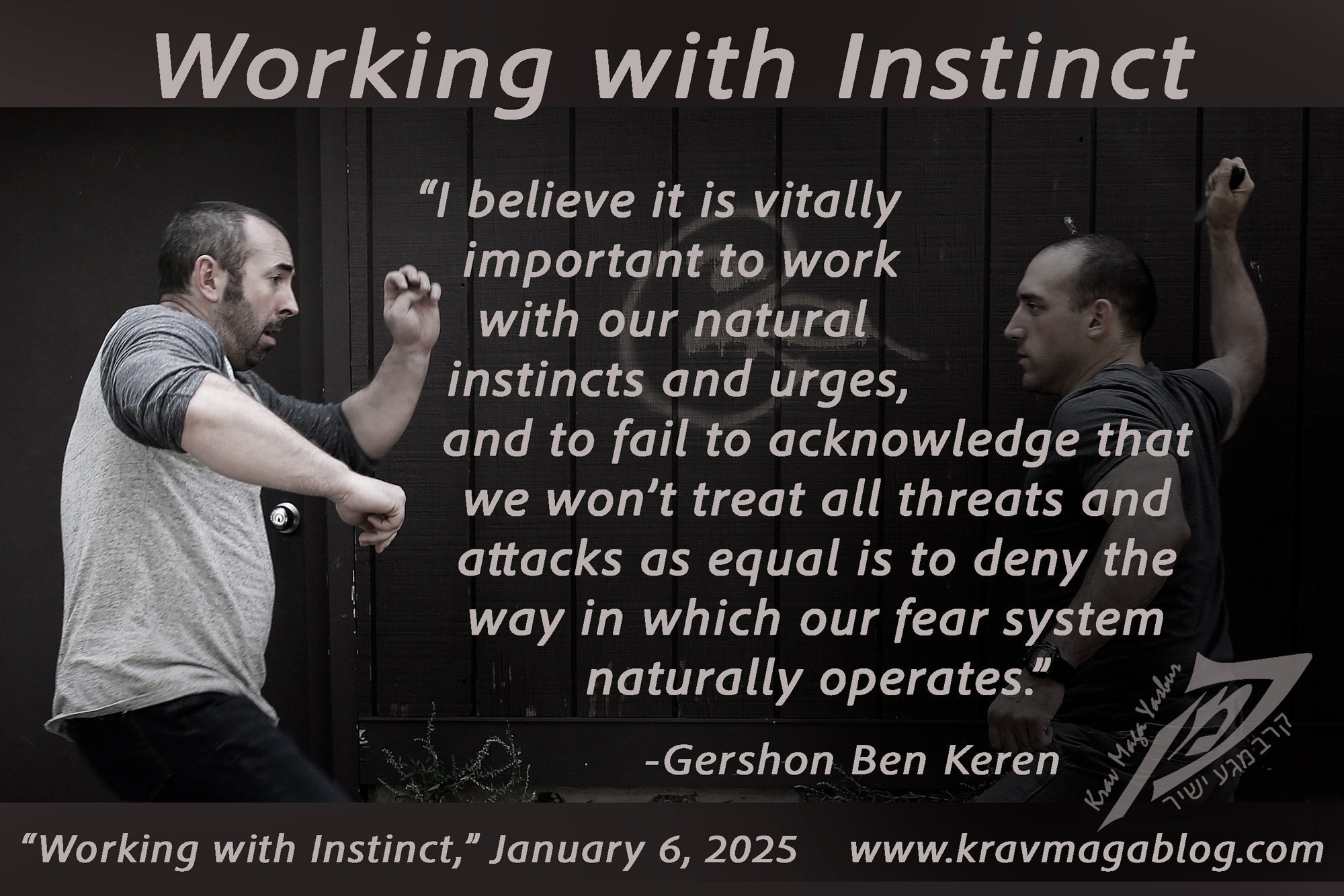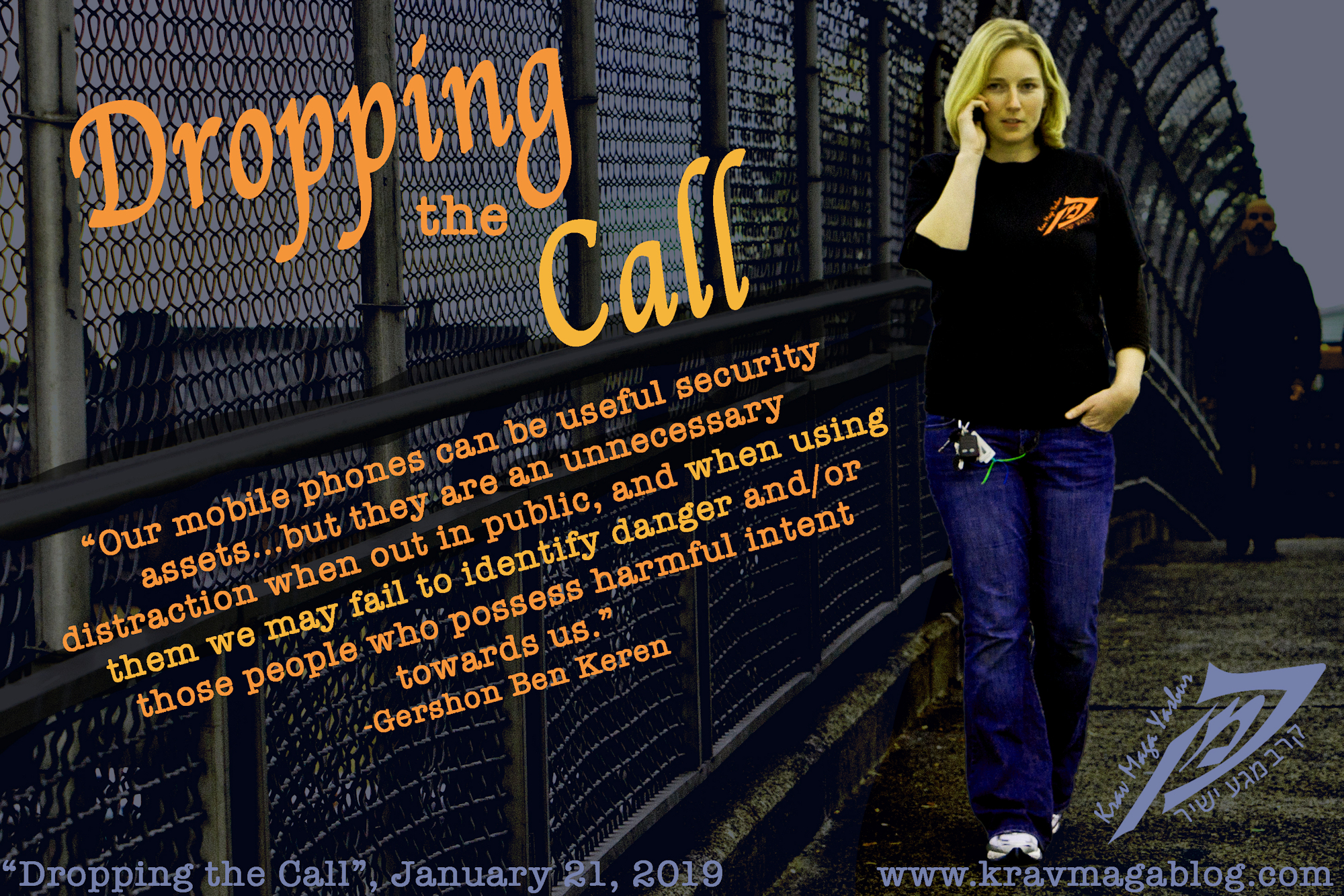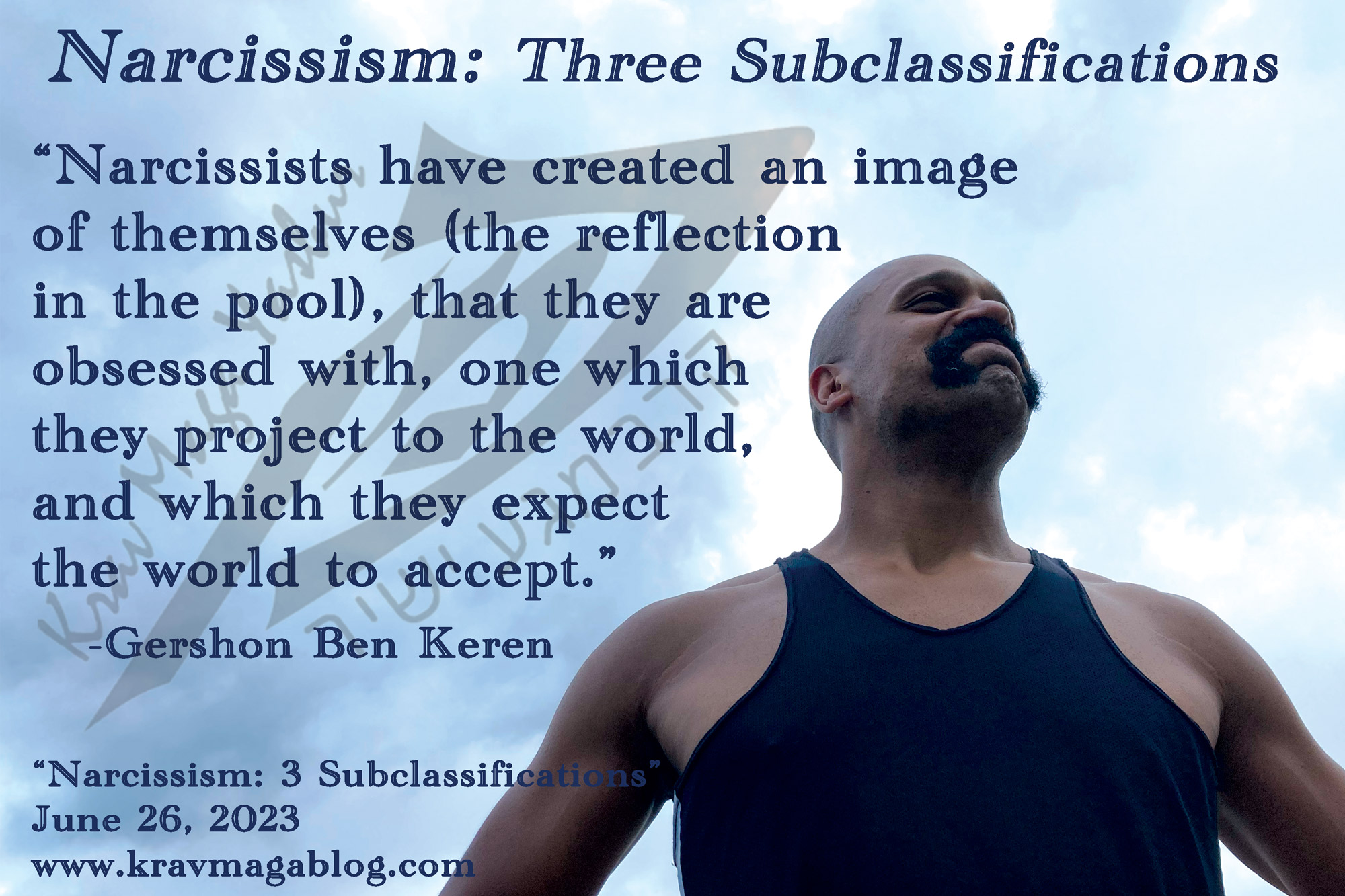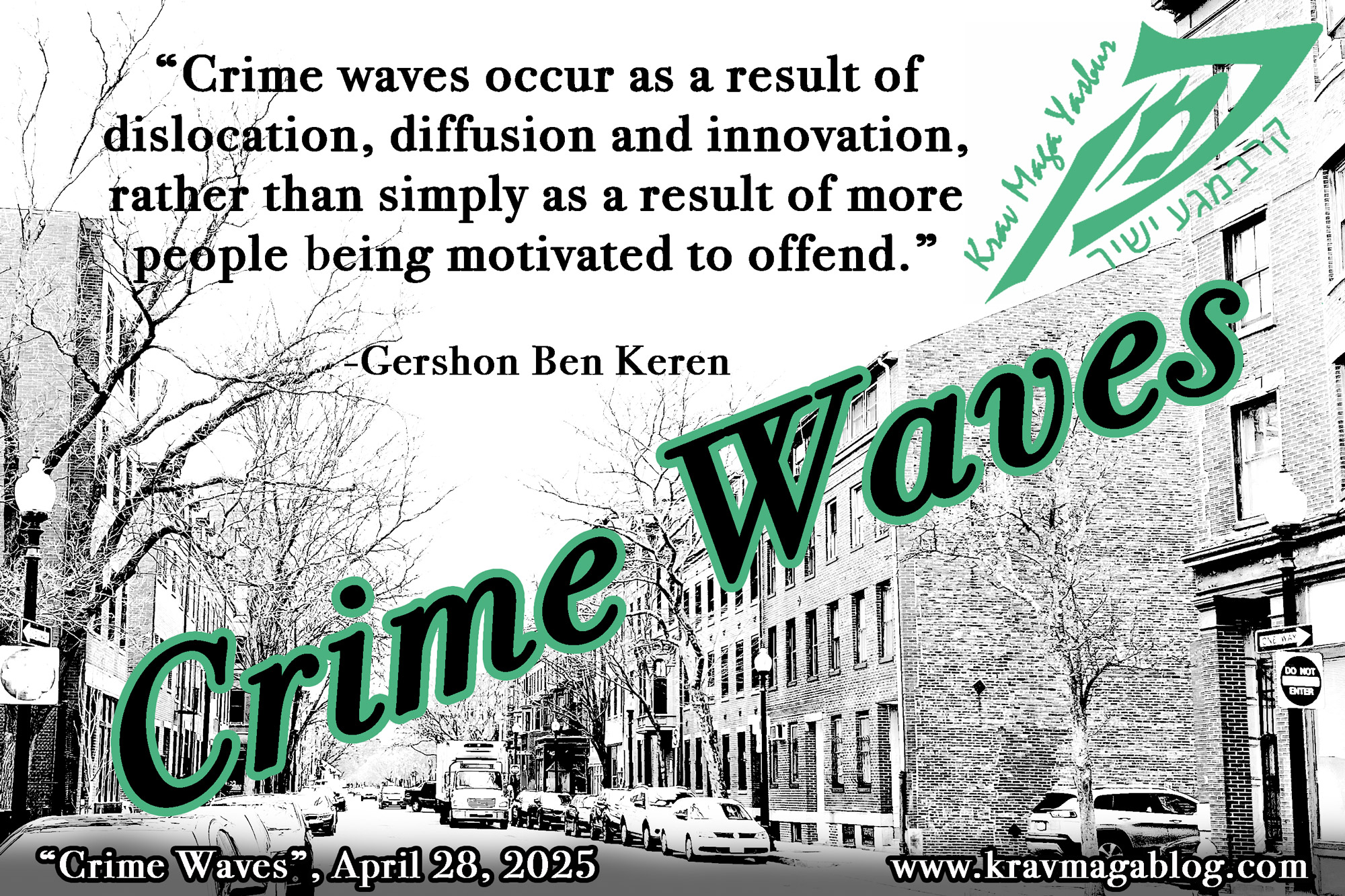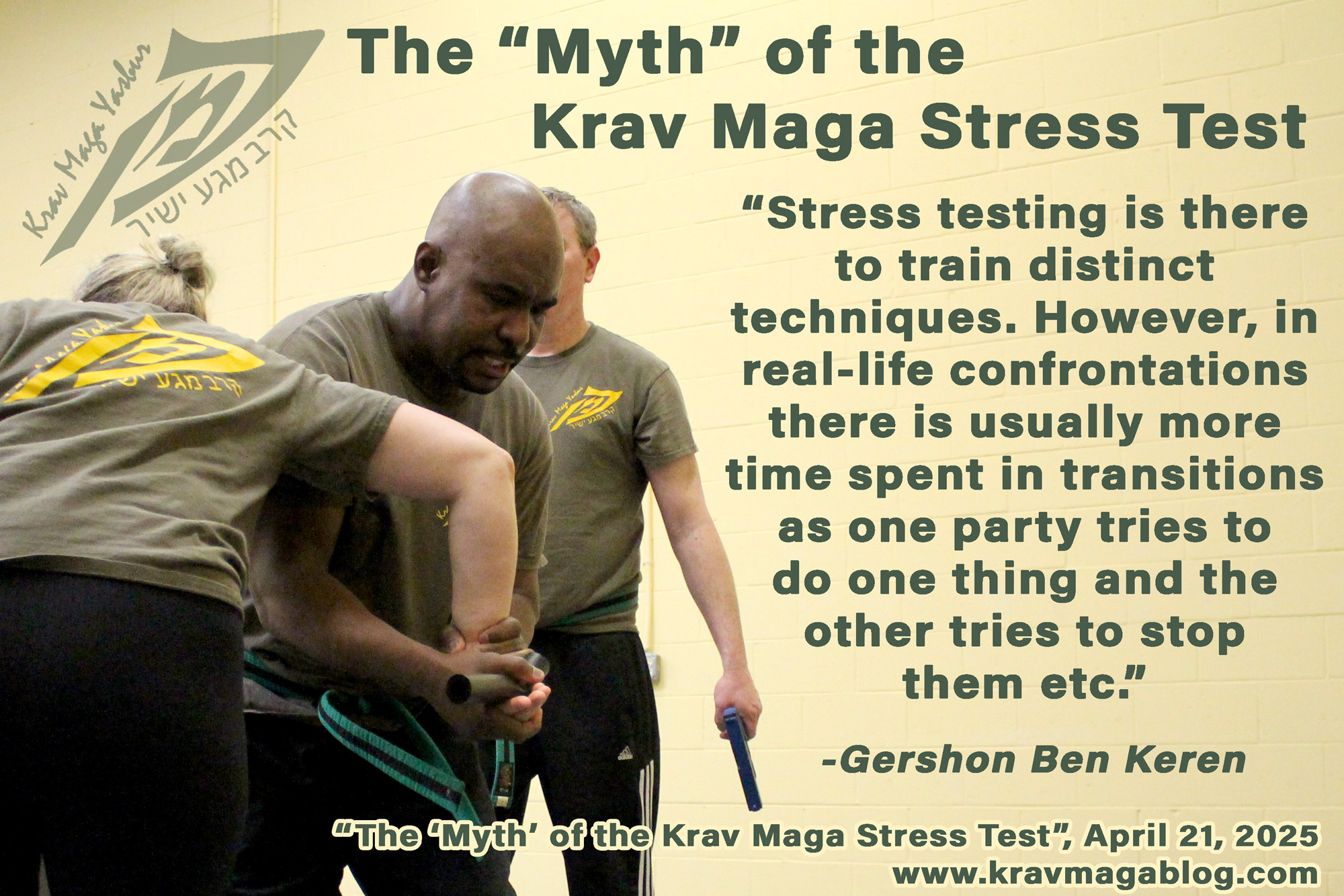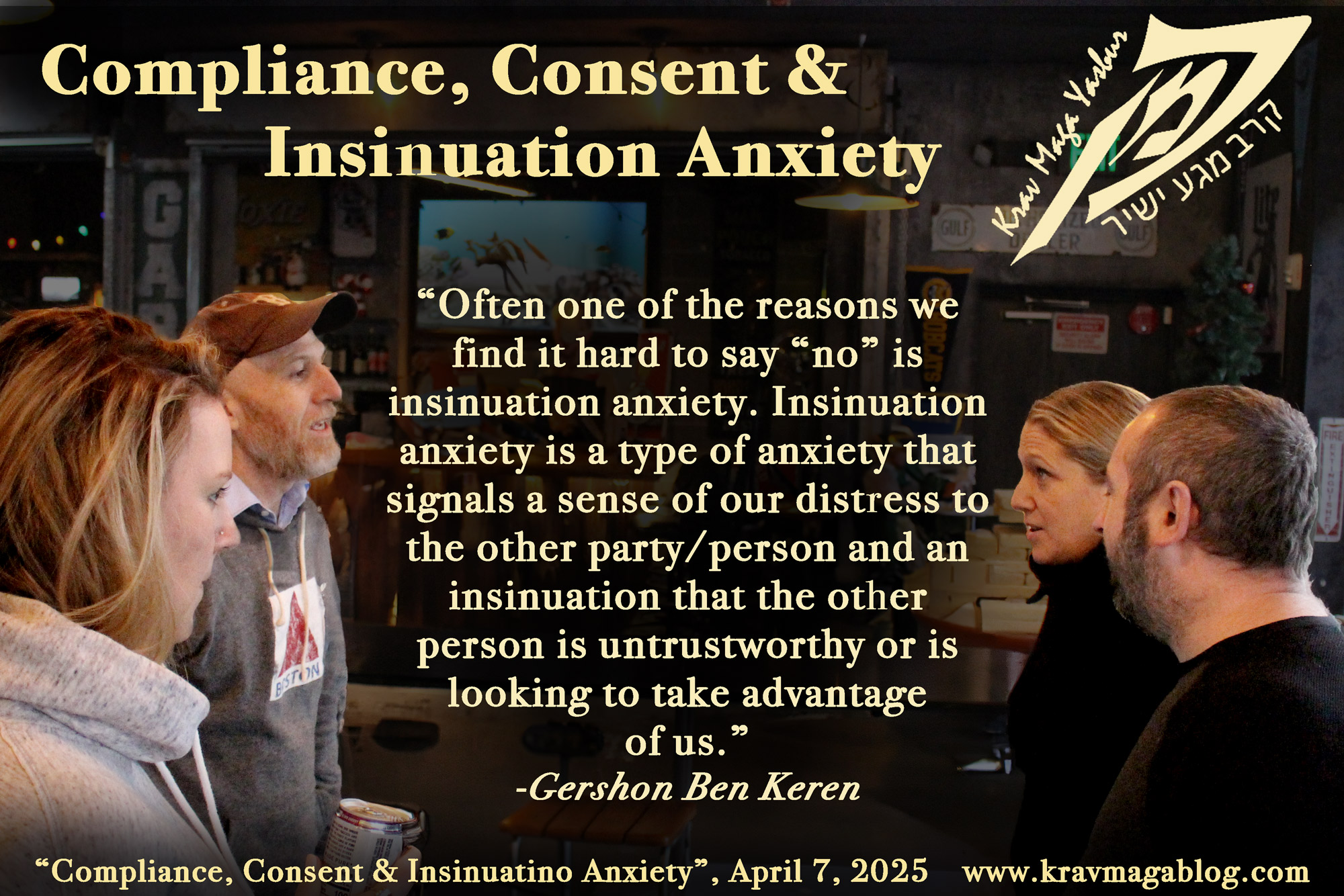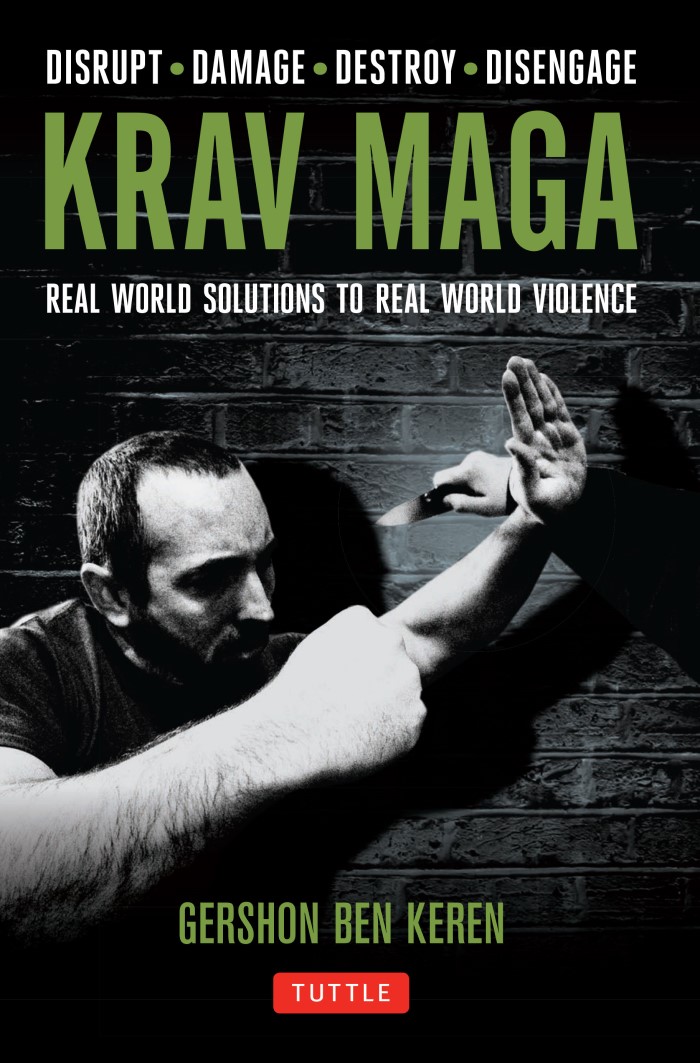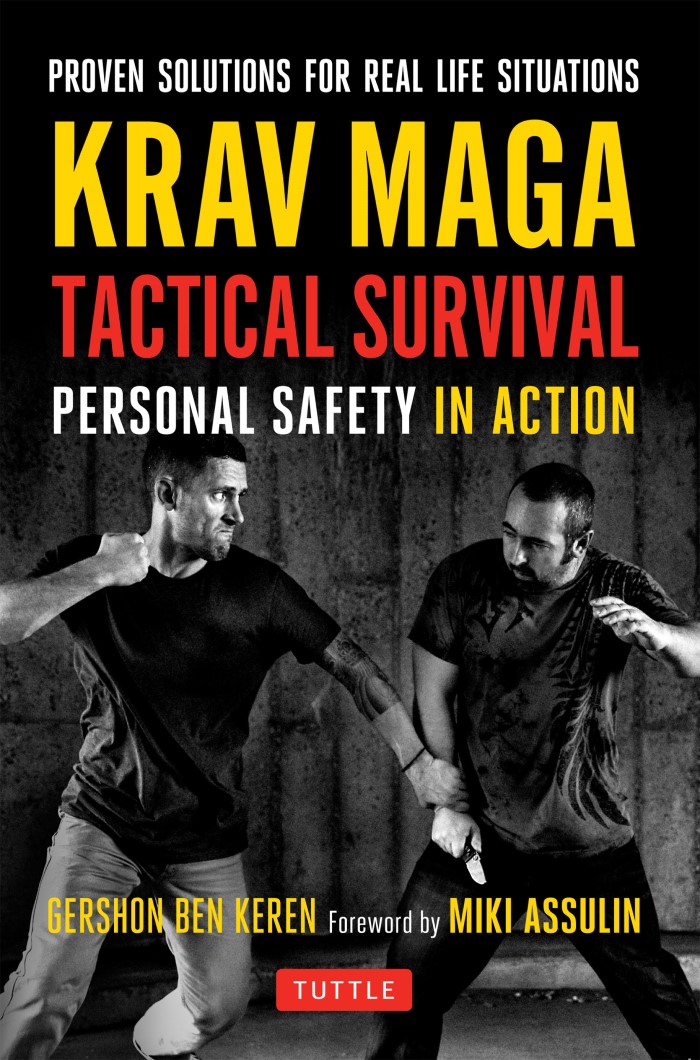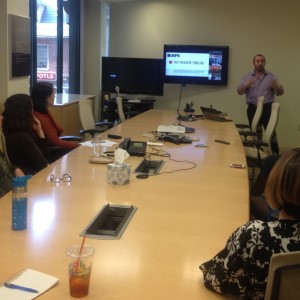 Crisis Knowledge Management Implementation (CKMI) is the structured process of collecting, analyzing, sharing, and applying knowledge before, during, and after a crisis to enhance decision-making and
response strategies. It is one of the services that we offer to our Boston clients. In a world where businesses are increasingly exposed to risks ranging from natural disasters to public relations
scandals, the importance of CKMI cannot be overstated. It serves as a critical tool for ensuring that organizations are not only prepared to navigate crises but also capable of learning and evolving
from them to prevent future disruptions. CKMI is a process that feeds back into itself and one that we teach and educate our Boston, Massachusetts and New England clients to engage in.
Crisis Knowledge Management Implementation (CKMI) is the structured process of collecting, analyzing, sharing, and applying knowledge before, during, and after a crisis to enhance decision-making and
response strategies. It is one of the services that we offer to our Boston clients. In a world where businesses are increasingly exposed to risks ranging from natural disasters to public relations
scandals, the importance of CKMI cannot be overstated. It serves as a critical tool for ensuring that organizations are not only prepared to navigate crises but also capable of learning and evolving
from them to prevent future disruptions. CKMI is a process that feeds back into itself and one that we teach and educate our Boston, Massachusetts and New England clients to engage in.
The essence of our CKMI training lies in its ability to empower businesses with actionable insights and organized information when time and clarity are paramount. During a crisis, misinformation, confusion, and panic can exacerbate the situation, leading to poorly informed decisions that may worsen outcomes; well-intentioned but misinformed actions can not only worsen the extent of a crisis but extend it. By establishing and implementing a robust CKM framework, businesses can centralize relevant information, ensure its accuracy, and distribute it to key stakeholders in real time. This reduces uncertainty and enables a cohesive, coordinated response, helping the organization manage the crisis with efficiency and precision. Preparation is a cornerstone of CKMI, with pre-crisis activities setting the foundation for resilience. Businesses that implement CKM strategies invest in creating knowledge repositories, documenting emergency protocols, and training employees to recognize and respond to various types of crises. This proactive approach fosters a culture of preparedness and equips managers, teams and team members with the tools that are needed to act decisively and effectively when facing unforeseen challenges, threats, hazards and dangers. CKMI also includes conducting regular risk assessments and scenario planning exercises, which allow organizations to identify potential vulnerabilities and address them before they escalate into full-blown crises.
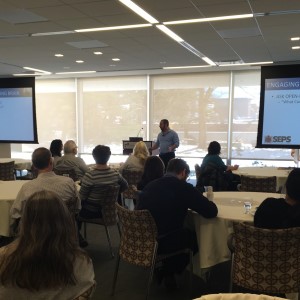 During a crisis, having implemented CKM transforms into an operational lifeline for an organization, facilitating the seamless flow of information across departments and decision-makers. This real-time
exchange of knowledge ensures that responses are not only timely but also rooted in the most accurate data available. For instance, in the event of a supply chain disruption, CKMI enables the rapid
identification of alternative routes or suppliers by pulling data from historical records and current market conditions. Similarly, in a public relations crisis, it allows teams to coordinate messaging,
monitor public sentiment, and adjust strategies dynamically, ensuring consistency and transparency. If you are a Boston-based business looking to ensure that you can manage a crisis with as few consequences
as possible our CKMI services and training can help you ensure this. One of the most significant benefits of CKM lies in its capacity to enhance collaboration. Crises often require input and action from
multiple stakeholders, both internal and external. CKMI breaks down silos within an organization, fostering a unified approach where information flows freely, and all parties operate with a shared
understanding of the situation. This collaborative environment not only speeds up decision-making but also reduces redundancy and miscommunication, which are common pitfalls in high-pressure situations.
During a crisis, having implemented CKM transforms into an operational lifeline for an organization, facilitating the seamless flow of information across departments and decision-makers. This real-time
exchange of knowledge ensures that responses are not only timely but also rooted in the most accurate data available. For instance, in the event of a supply chain disruption, CKMI enables the rapid
identification of alternative routes or suppliers by pulling data from historical records and current market conditions. Similarly, in a public relations crisis, it allows teams to coordinate messaging,
monitor public sentiment, and adjust strategies dynamically, ensuring consistency and transparency. If you are a Boston-based business looking to ensure that you can manage a crisis with as few consequences
as possible our CKMI services and training can help you ensure this. One of the most significant benefits of CKM lies in its capacity to enhance collaboration. Crises often require input and action from
multiple stakeholders, both internal and external. CKMI breaks down silos within an organization, fostering a unified approach where information flows freely, and all parties operate with a shared
understanding of the situation. This collaborative environment not only speeds up decision-making but also reduces redundancy and miscommunication, which are common pitfalls in high-pressure situations.
Beyond immediate crisis management, CKM’s value extends into the post-crisis phase, where reflection and learning take precedence – and this is another complementary service we can offer to organizations located in Boston, MA. Businesses that embrace CKM conduct thorough after-action reviews to analyze their responses, identify strengths, and uncover areas for improvement. This retrospective analysis is integral to refining crisis management strategies and ensuring that lessons learned are institutionalized for future use. By capturing and archiving this knowledge, CKM helps organizations build a repository of insights that can be leveraged in subsequent crises, effectively transforming challenges into opportunities for growth and resilience. In addition to its operational benefits, CKMI also enhances an organization’s reputation and stakeholder trust. A business that demonstrates competence, transparency, and adaptability during a crisis is more likely to maintain the confidence of customers, employees, and investors. CKM enables businesses to communicate effectively with these stakeholders, providing timely updates and demonstrating that the situation is under control. This proactive communication reduces speculation and fosters a sense of assurance, mitigating potential reputational damage. Furthermore, CKM supports compliance with regulatory requirements and industry standards, particularly in sectors where crisis preparedness is mandated. By maintaining detailed records of crisis management activities, organizations can provide evidence of their efforts to mitigate risks and protect stakeholders, thereby reducing potential legal or financial liabilities.
Ultimately, CKMI is a vital component of modern business strategy. Its ability to prepare organizations for the unexpected, enable swift and effective responses, and facilitate continuous improvement ensures that businesses can navigate the complexities of today’s risk-laden environment. By investing in CKM, organizations not only safeguard their operations and reputation but also position themselves as resilient, adaptable, and forward-thinking entities capable of thriving in the face of adversity. If you are a business or organization located in Boston who is looking at Crisis Knowledge Management Implementation (CKMI), please use the form below to contact us.
